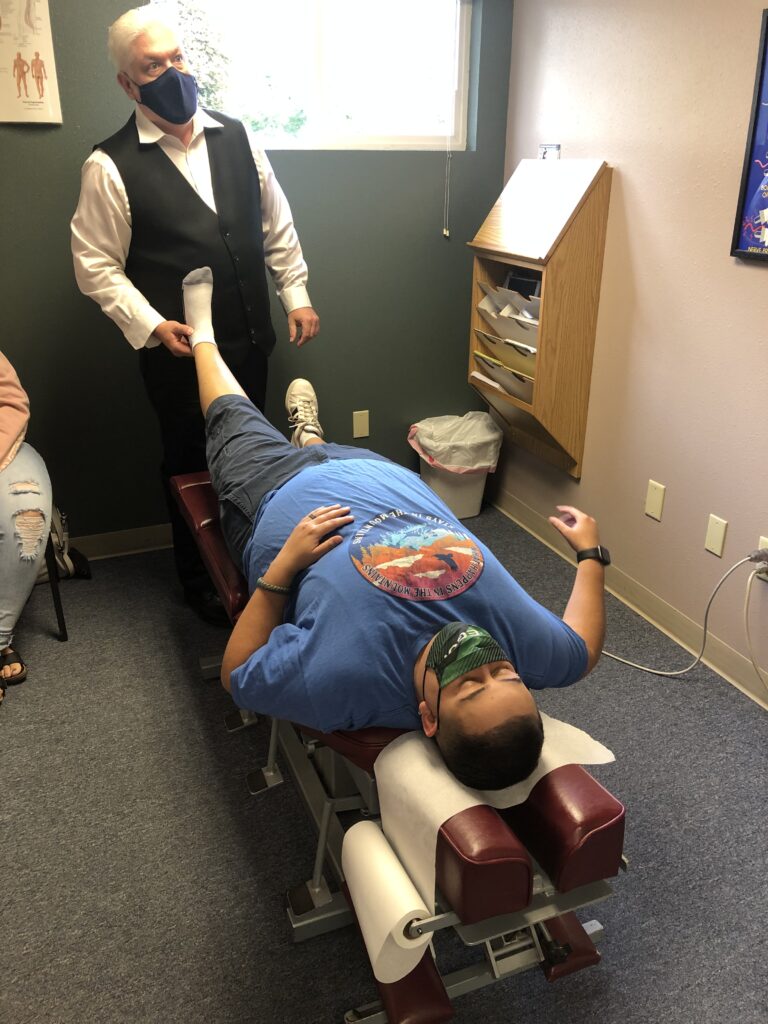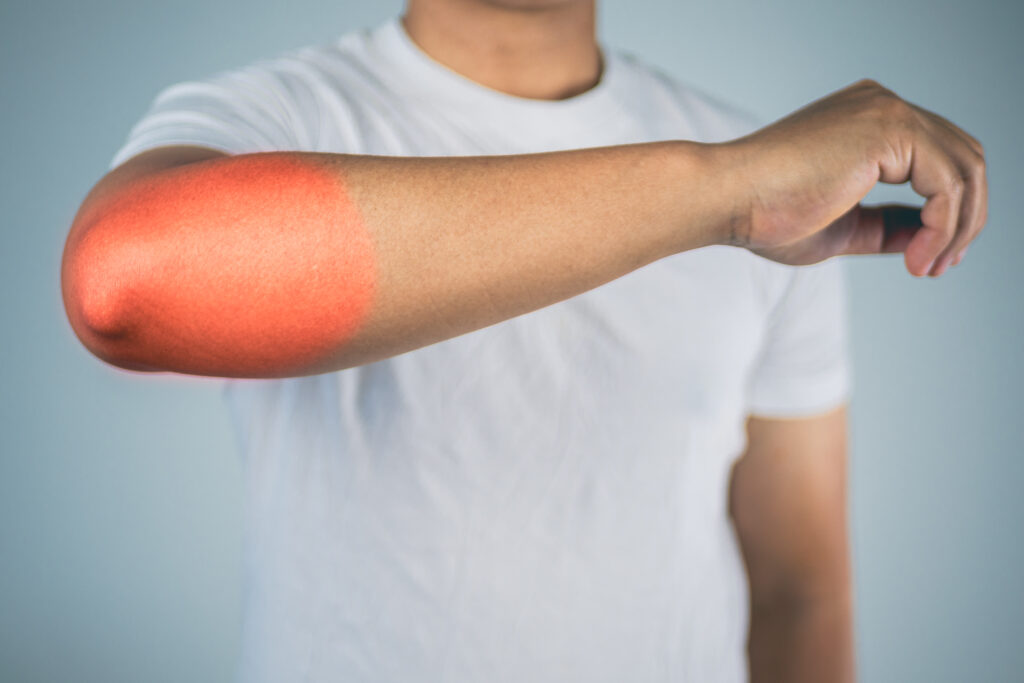When you face a sports injury, it's easy to underestimate the importance of seeking professional support. You might think you can manage on your own, but without expert diagnosis, you risk mismanaging your recovery. Personalized rehabilitation plans can greatly enhance your healing process, while effective injury prevention strategies help you avoid future setbacks. Plus, mental and emotional support can prove invaluable during your recovery journey. Understanding these key reasons can change your perspective on injury care and even impact your performance in the long run. What might you be overlooking?
Accelerated Recovery Process
When you face a sports injury, accelerating your recovery is essential to getting back in the game sooner. You want to minimize downtime, so focusing on effective strategies can make a significant difference.
Start with the R.I.C.E method: Rest, Ice, Compression, and Elevation. This approach helps reduce swelling and alleviates pain, allowing your body to begin the healing process.
Next, consider your nutrition. Fueling your body with the right nutrients can enhance recovery. Foods rich in protein, vitamins, and minerals help repair damaged tissues.
Don't forget to stay hydrated, as adequate water intake supports ideal bodily functions and aids in recovery.
Incorporating gentle stretches and mobility exercises can also be beneficial. These activities help maintain flexibility and strength in the surrounding muscles, reducing the risk of re-injury.
Just be sure to listen to your body—if something hurts, ease off.
Mental recovery is just as important. Stay positive and visualize your return to peak performance. Engaging in mindfulness practices can help you cope with frustration and anxiety during your recovery period.
Lastly, consider a gradual return to your sport. Don't rush back; instead, ease into your routine to avoid setbacks.
Expert Diagnosis and Treatment
After implementing strategies to accelerate your recovery, seeking expert diagnosis and treatment becomes essential for a thorough healing process. You might think that simply resting your injury is enough, but without a proper understanding of the underlying issues, you could be setting yourself up for further complications.
Experts can pinpoint the exact nature of your injury through advanced diagnostic tools and techniques. When you consult a specialist, they'll assess your condition with a trained eye, often identifying problems that may not be obvious to you.
This expert evaluation not only provides clarity but also informs the best course of action. With their extensive knowledge, they can recommend specific treatments tailored to your injury's unique characteristics. This might include physical therapy, medication, or even surgical options, depending on the severity of your situation.
Additionally, expert diagnosis helps prevent mismanagement of your injury. Treating a sprain as a strain, for instance, could lead to inadequate recovery and prolonged pain. You want to guarantee you're addressing the right issue from the start.
Personalized Rehabilitation Plans
Creating a personalized rehabilitation plan is essential for your recovery journey. This tailored approach focuses on your specific injury, fitness level, and personal goals, ensuring you regain strength and mobility effectively. Instead of following a generic program, you'll receive a customized plan that addresses your unique needs, which can greatly enhance your recovery process.
When you work with a qualified sports injury specialist, they'll assess your condition, identify the root cause of your injury, and develop a strategy that suits you best. This might involve a combination of physical therapy exercises, strength training, and flexibility work, all designed to help you recover safely and efficiently.
By following a personalized plan, you're more likely to stay motivated and engaged in your recovery.
Moreover, a tailored rehabilitation plan allows you to set realistic milestones and track your progress. You'll be able to see improvements in your strength and function, providing you with a sense of accomplishment. This can boost your confidence and encourage you to push harder during your rehabilitation sessions.
Additionally, personalized rehabilitation plans often incorporate education about your injury, teaching you how to manage pain and prevent further issues. This knowledge empowers you to take an active role in your recovery, fostering a proactive mindset.
Injury Prevention Strategies
Recovering from an injury is only part of the journey; understanding how to prevent future injuries is just as important. To help you stay in the game, here are some effective injury prevention strategies.
First, always warm up before any physical activity. Stretching and light cardio can prepare your muscles and joints for the demands of your sport. Additionally, incorporating strength training into your routine can build muscle resilience, making you less susceptible to injuries. Focus on exercises that target the specific muscles used in your sport.
Next, pay attention to your technique. Whether you're running, swimming, or playing a team sport, using proper form is essential. Consider working with a coach or trainer who can provide feedback and help you correct any bad habits. Consistent practice with the right technique can greatly reduce your risk of injury.
Don't forget to listen to your body. If you feel pain or discomfort, take a break. Pushing through pain can lead to more severe injuries. Rest is an important component of any training program, so make sure to schedule recovery days.
Lastly, stay hydrated and maintain a balanced diet. Proper nutrition fuels your body and helps it recover from workouts, while hydration keeps your muscles functioning effectively.
Mental and Emotional Support
Mental and emotional support is essential for athletes during their recovery journey, as it can greatly impact their overall well-being and performance. When you're sidelined by an injury, it's not just your body that suffers; your mind and emotions can take a hit too. You might feel frustration, anxiety, or even depression as you grapple with the limitations imposed by your injury.
Seeking mental and emotional support can help you navigate these challenges effectively. Connecting with sports psychologists, counselors, or support groups can provide you with valuable tools to cope. They can teach you techniques to manage stress and anxiety, helping you maintain a positive mindset.
You'll learn to set realistic goals, allowing you to focus on small wins rather than the bigger picture, which can sometimes feel overwhelming. Moreover, talking to teammates or friends who understand your journey can foster a sense of camaraderie and remind you that you're not alone.
Sharing your feelings can lighten the emotional load and strengthen your resolve to recover. Engaging in mindfulness practices or visualization techniques can also enhance your mental resilience, enabling you to visualize your return to peak performance.
Conclusion
In summary, seeking sports injury support is essential for your recovery and long-term health. By getting an expert diagnosis, you'll guarantee your injuries are properly managed and healed. Personalized rehabilitation plans keep you motivated and focused on your goals, while effective injury prevention strategies help reduce future risks. Don't overlook the mental and emotional support that can strengthen your resilience. Prioritizing your well-being means you'll return to your sport even stronger and healthier.



